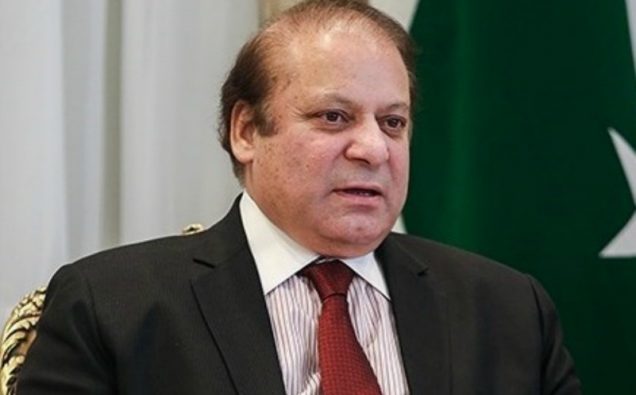
Pakistan’s outgoing army chief Gen. Raheel Sharif has been showered with praise from across the country for his professionalism that saw his forces combat terrorism in the tribal areas and elsewhere with unprecedented success.
But that is not all, the general is being appreciated for. It’s his leaving the office upon retirement date – a development seen as a significant boost for democracy in Pakistan’s peculiar environment, where military often calls the shots on security and foreign policy issues, and several army chiefs, Gen Musharraf being the latest, ruled the country.
Gen Raheel Sharif is the first army chief to leave his office on time in the last two decades.
So what does it mean for the South Asian country critically situated at the confluence of China, Central Asia, South Asia and the Middle East?
First of all, it is now up to the Pakistani democratically elected leaders that it lives up to the task of governing the country transparently and efficiently so that democratic norms take root in the country.
Secondly, Prime Minister Nawaz Sharif – the third time elected head of the government – must fulfill his duty as leader of the entire country in the fairest manner as Pakistan’s diverse ethnic population complexion demands that democratic process move ahead.
In this respect, he will have to demonstrate political leadership on addressing the situation in Balochistan, which is key to $ 46 billion China Pakistan Economic Corridor that would connect the region and multiply Islamabad’s influence in the region.
Thirdly, it is also incumbent on leaders of other political parties which are in power, most notably in Khyber Pakhtunkhwa and Sindh should strive for betterment of the masses.
Fourthly, the government must continue to fight terrorism forcefully and implement the National Action Plan, which aims at fighting the mindset that breeds extremism. Gen Sharif’s successor will also have to follow the same level of commitment and resolve.
Fifthly, he must lead judiciously on improving relations with India and Afghanistan.
As seen during the last three years, there are constituencies in Pakistan which constantly call for return to military governance, and often cite the incompetence and failure of elected leaders to lift the lot of the impoverished people.
The democratic governments at the central and provincial levels face a real test now that it is clear that Pakistan’s military has no interest in grabbing power.
In an ideal or even properly functioning democracy, the retirement of an army chief should have been a normal routine affair. But in Pakistan, the military has had an oversized role in national politics. In the backdrop of many power hungry interventions of the past, General Sharif deserves commendation to focus on military affairs alone and set an example.
His role in wiping out terrorists from the tribal areas is has been as important for the country.
Now the onus is clearly on Nawaz Sharif to deliver on the unfulfilled promises, meet the country’s energy needs, improve education and health facilities, discard governmental nepotism, trigger economic growth, integrate disadvantaged people including women and minorities, and through effective governance strengthen democracy in a way that addresses concerns of the common man and also ensure national security.
This is not to suggest that the prime minister has nothing to show during his first three years. Of course, some economic gains, launch and completion of infrastructure projects, some relief from power blackouts are some of the performances his government can cite as success stories.
Nawaz Sharif’s political opponents including PTI’s Imran Khan would argue that that is asking too much of the prime minister and cite his inept handling of many issues like Panama Papers corruption allegations against him.
As elected leader, the prime minister must proceed with the desire to make up for the lost opportunities. Democracy cannot miss this opportunity to grow at national and local levels.














